Endocrinology and Hormones
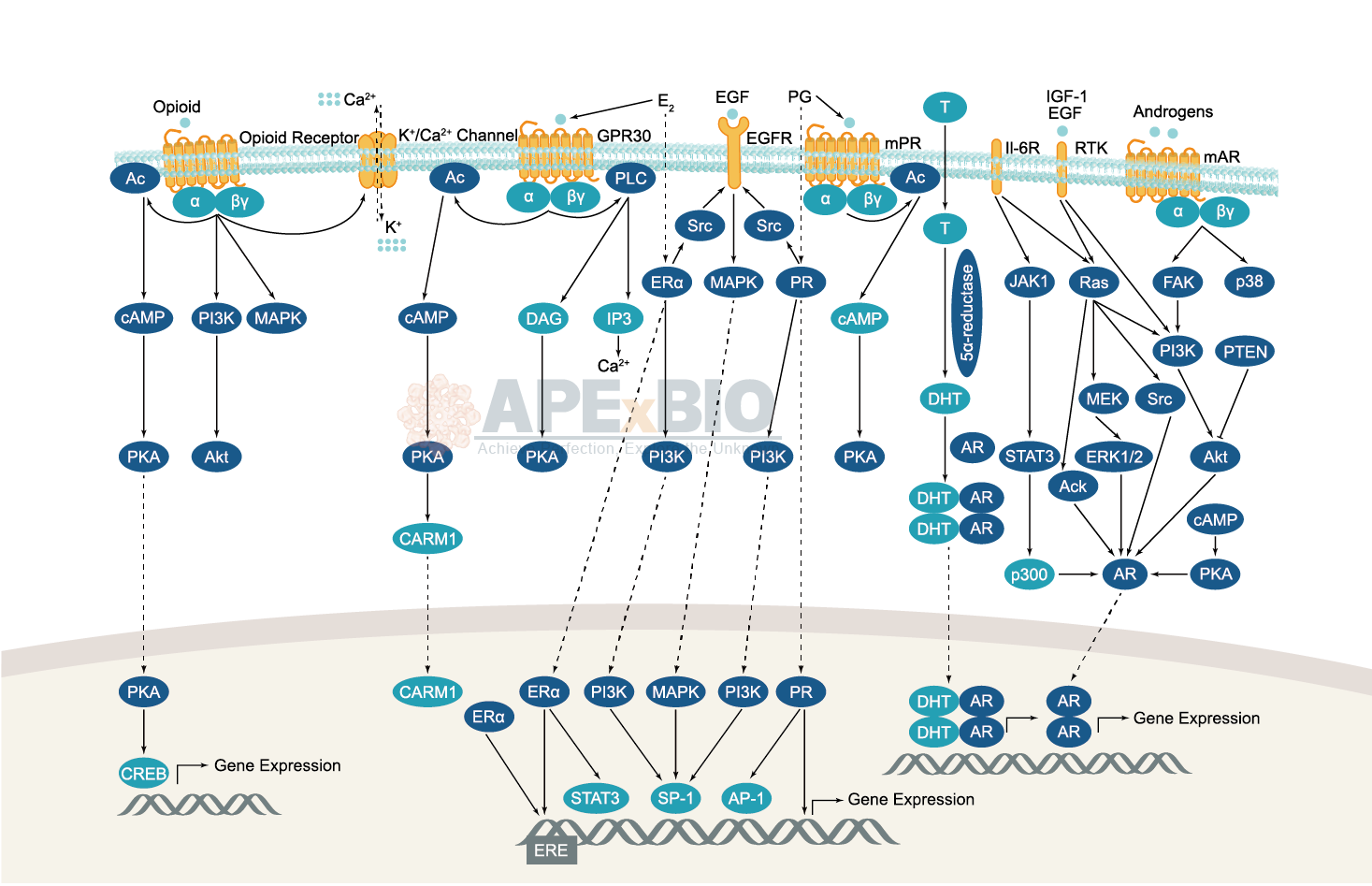
There are three types of hormones based on their chemical composition: Amines (e.g. dopamine, adrenalin and noradrenalin); Steroids (e.g. estrogen, testosterone and glucocorticoids); Peptides (e.g. the peptide hormones insulin, ghrelin and vasopressin). Peptide hormones produced by secretory nervous tissue are known as neuropeptides. For example, thyroid hormone plays important parts in development, homeostasis and metabolism, while cortisol is essential for growth, nutrient supply and immune function. Moreover, the regulation of blood glucose involves several pancreatic peptide insulin and its counter regulatory hormone, glucagon, as well as cortisol, growth hormone and epinephrine.
Dysregulations in endocrine system are implicated in diseases such as Acromegaly, Cushing Syndrome, Diabetes, Dwarfism, Graves Disease, Hermaphroditism, Delayed and Precocious Puberty and Thyroid Diseases.
-
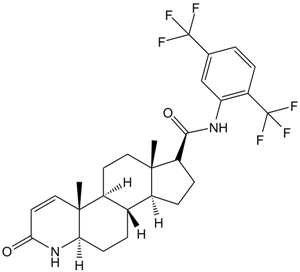 A1659 DutasterideTarget: 5-alpha ReductasesSummary: 5-alpha-reductase inhibitor
A1659 DutasterideTarget: 5-alpha ReductasesSummary: 5-alpha-reductase inhibitor -
 A1115 Peptide YY(3-36), PYY, humanTarget: NPY ReceptorsSummary: Y2R agonist
A1115 Peptide YY(3-36), PYY, humanTarget: NPY ReceptorsSummary: Y2R agonist -
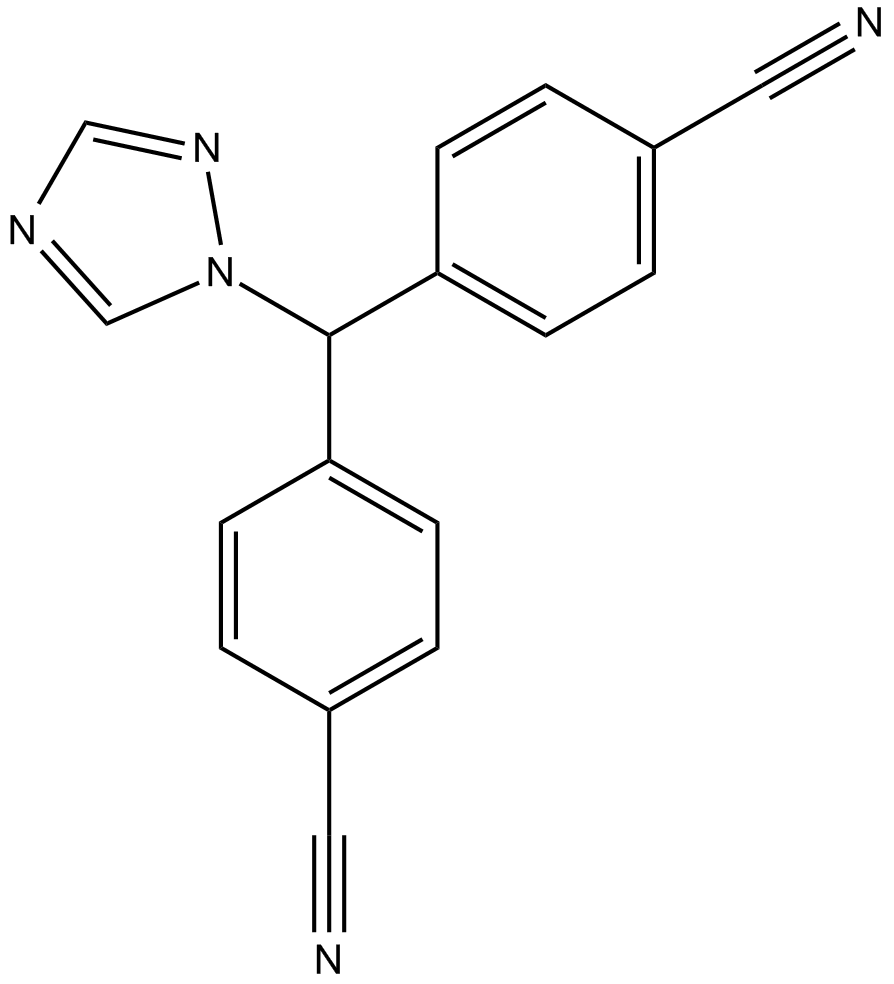 A1307 LetrozoleTarget: AromatasesSummary: Non-steroidal aromatase inhibitor
A1307 LetrozoleTarget: AromatasesSummary: Non-steroidal aromatase inhibitor -
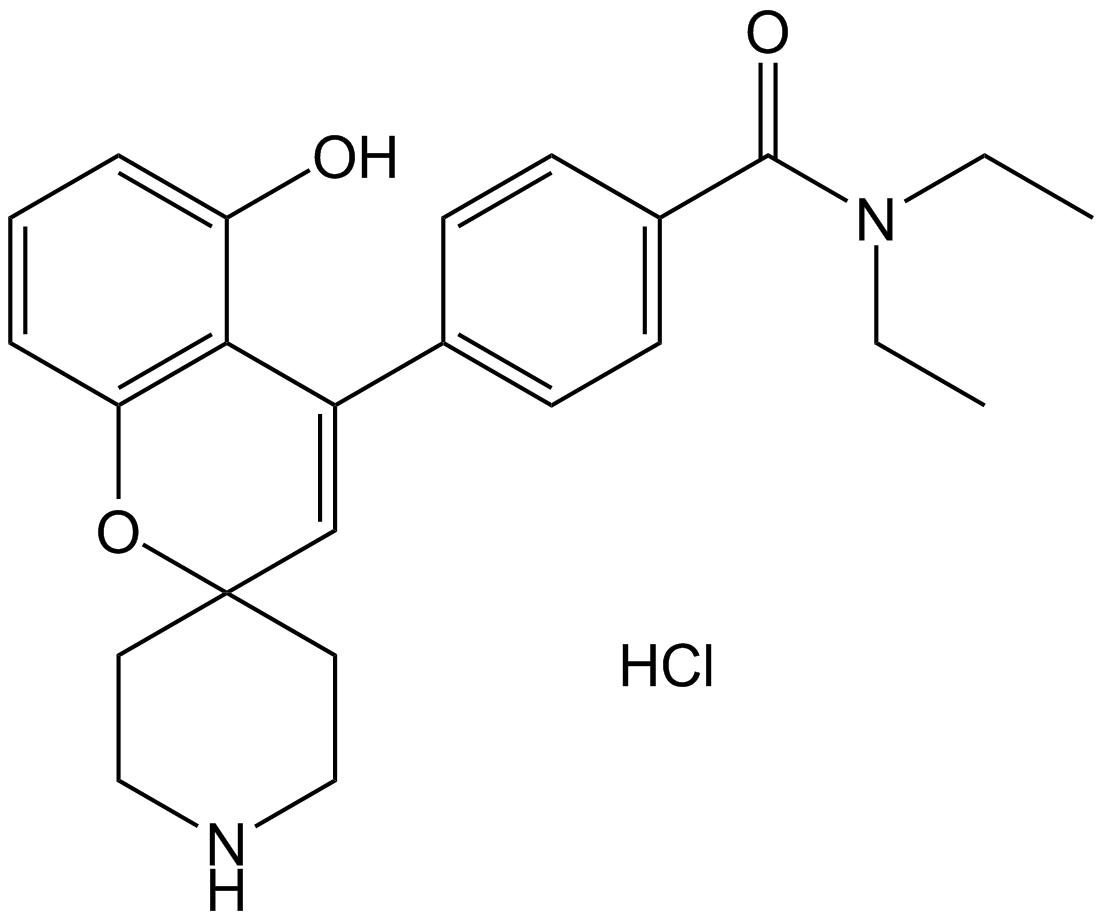 A2986 ADL5859 HClSummary: δ-opioid receptor agonist,selective
A2986 ADL5859 HClSummary: δ-opioid receptor agonist,selective -
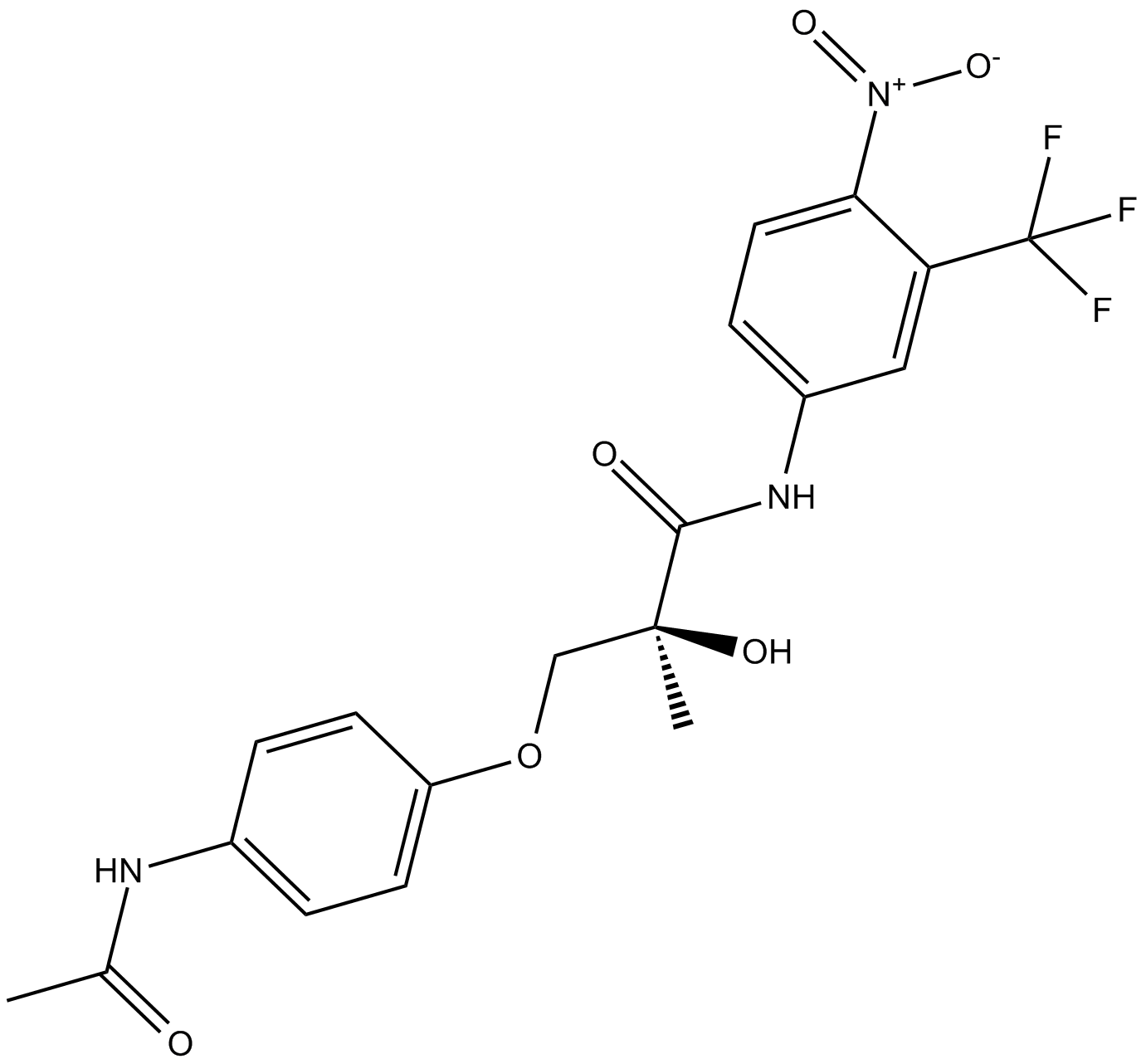 A2150 AndarineTarget: Androgen ReceptorsSummary: Androgen receptor agonist
A2150 AndarineTarget: Androgen ReceptorsSummary: Androgen receptor agonist -
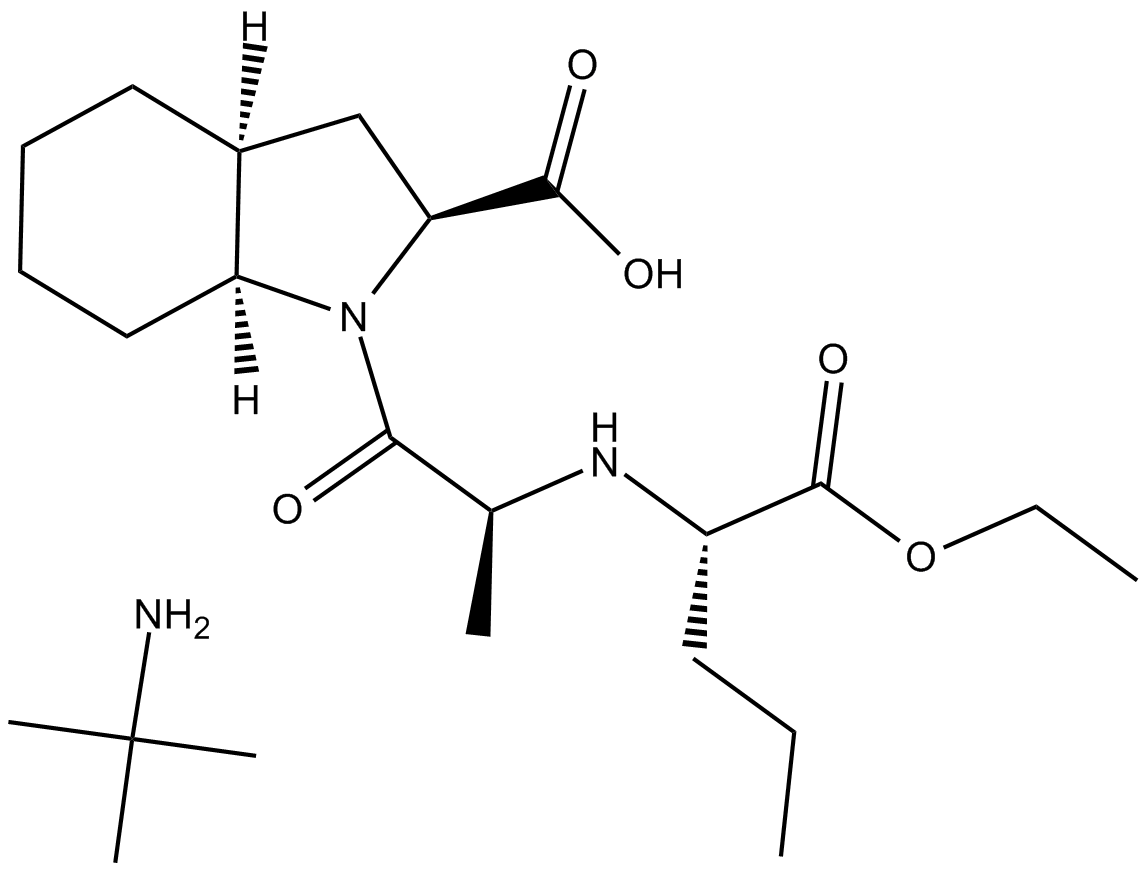 A8019 Perindopril ErbumineTarget: Angiotensin-Converting Enzymes (ACEs)Summary: ACE inhibitor
A8019 Perindopril ErbumineTarget: Angiotensin-Converting Enzymes (ACEs)Summary: ACE inhibitor -
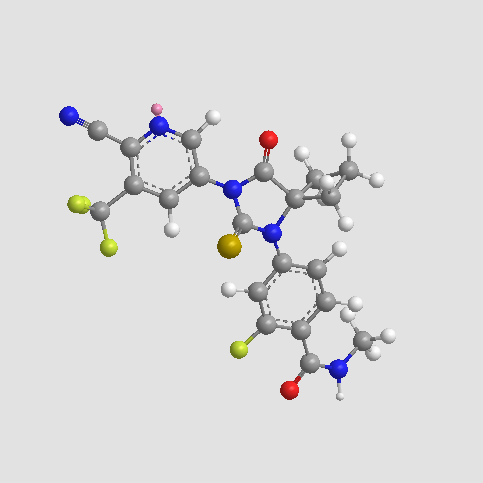 A8364 ARN-5092 CitationTarget: Androgen ReceptorSummary: Androgen receptor inhibitor
A8364 ARN-5092 CitationTarget: Androgen ReceptorSummary: Androgen receptor inhibitor -
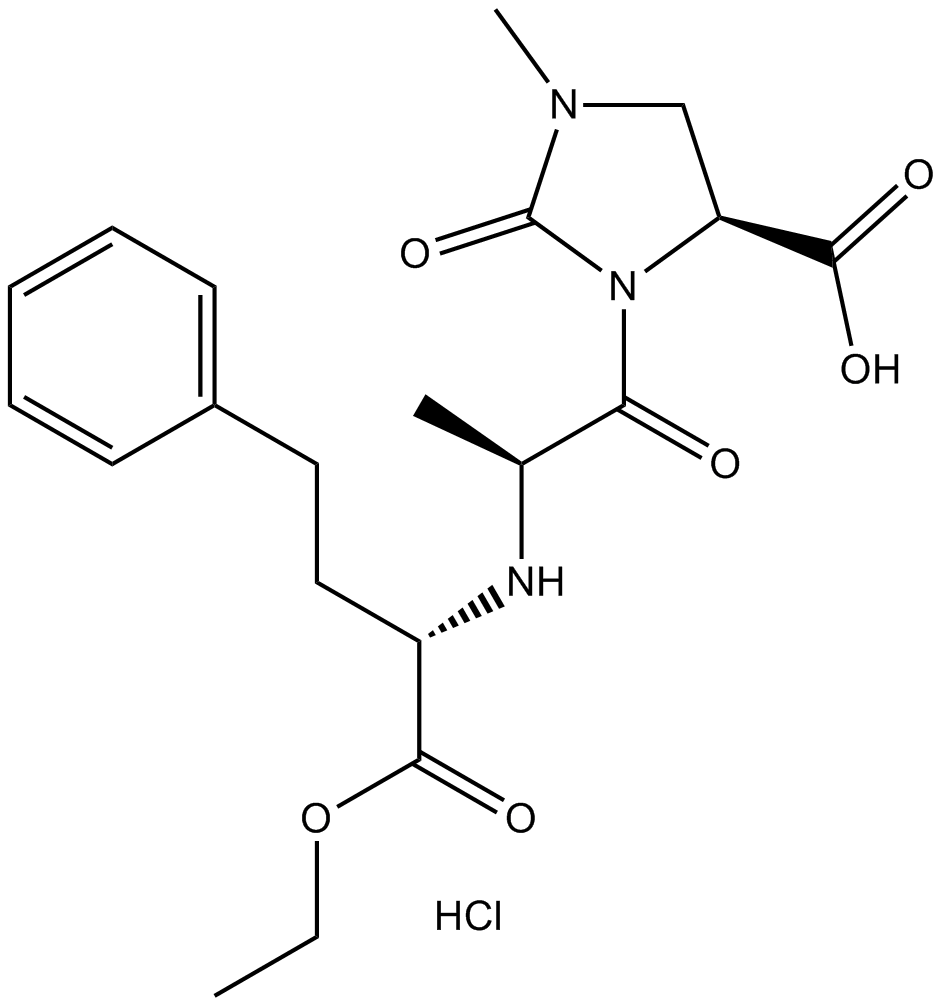 A8447 Imidapril HClTarget: ACESummary: RAAS inhibitor
A8447 Imidapril HClTarget: ACESummary: RAAS inhibitor -
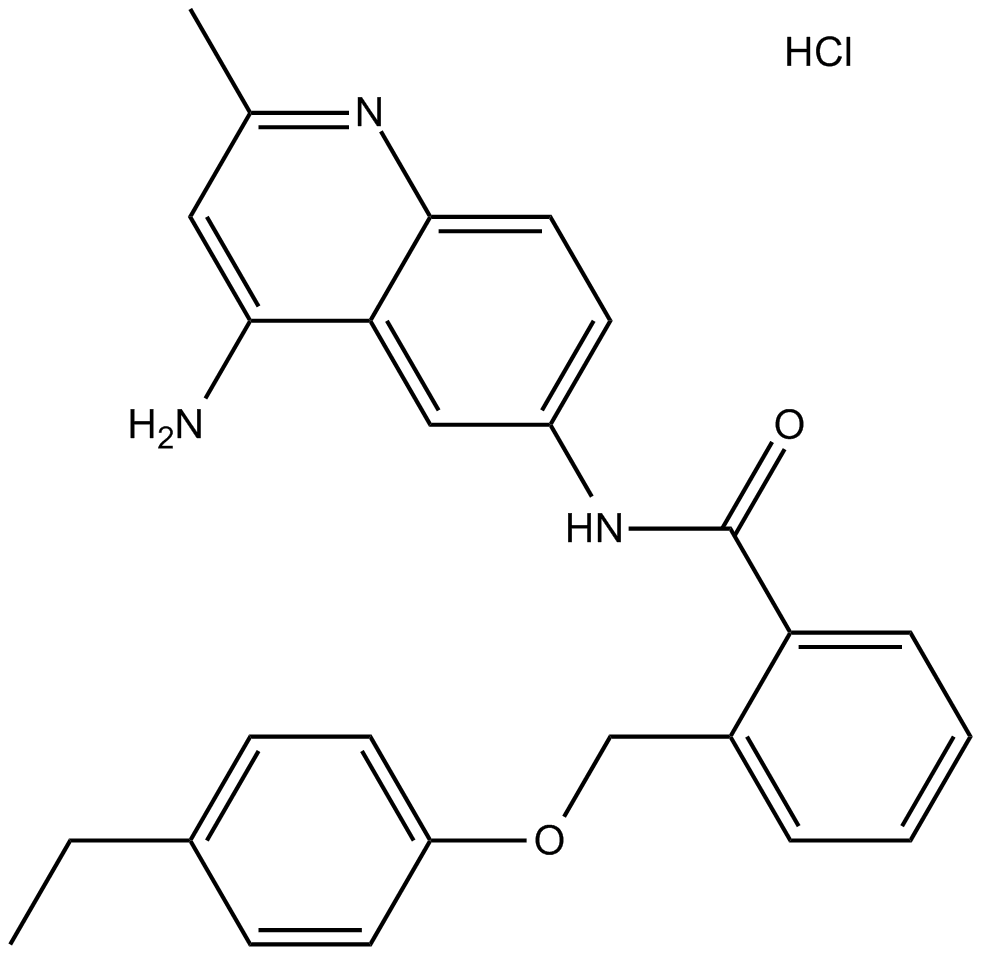 A8456 JTC-801Target: NOP ReceptorsSummary: KOR-3 (NOP) receptor antagonist
A8456 JTC-801Target: NOP ReceptorsSummary: KOR-3 (NOP) receptor antagonist -
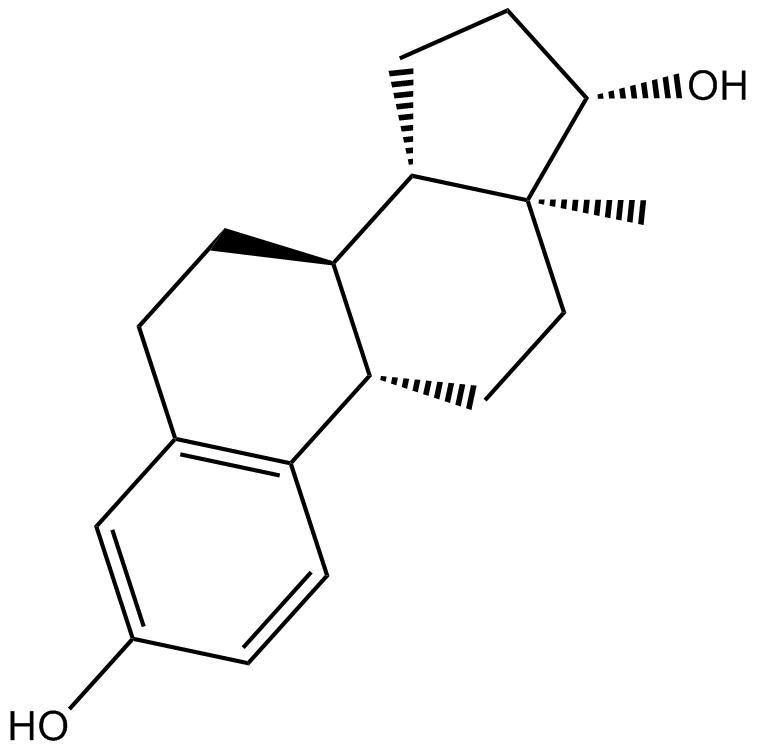 A8425 EstradiolTarget: Estrogen and Related ReceptorsSummary: Sex hormone
A8425 EstradiolTarget: Estrogen and Related ReceptorsSummary: Sex hormone

